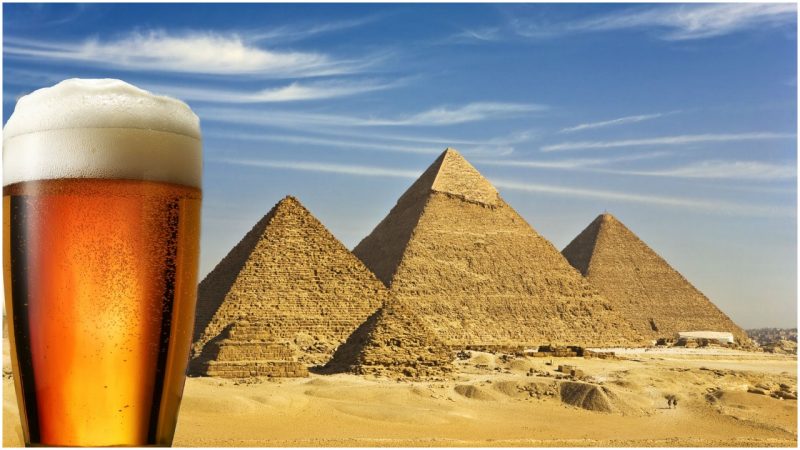The first recorded evidence of beer comes from 7,000 years ago in modern day Iran. The ancient Egyptians, however, were the ones to perfect the brewing process and the light-colored, smooth brew is considered by many to be the first proper beer.
The ancient Egyptians believed that the god Osiris had given them the knowledge to create beer, so it became an object that was used in religious worship.
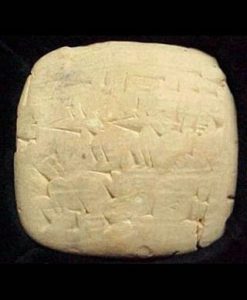
The Egyptians loved beer so much it was supplied by the state for festivals, and there was even a whole festival dedicated to it called the “Festival of Drunkenness.”
Beer was enjoyed by everyone, even children from as young as 2 years old. It is generally accepted that beer was a lot safer to drink than the water, so beer was a part of their everyday diet. There was beer that would be drunk throughout the day that was of lower alcohol content but had high nutritional value and was very sweet. There was of course stronger beer, but this was saved for special occasions.
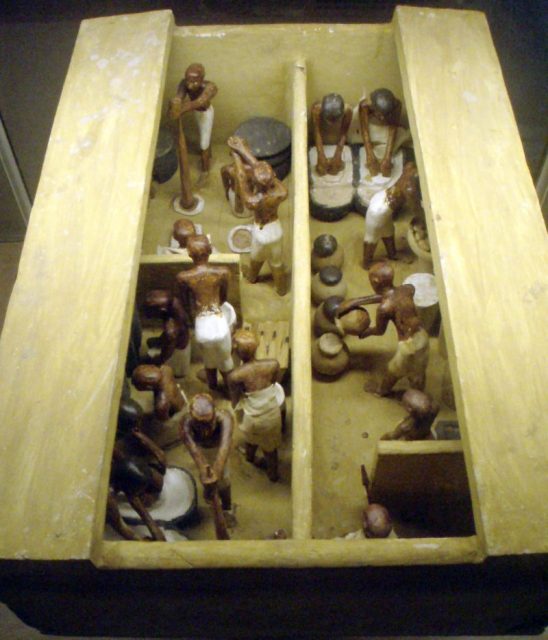
According to the Smithsonian, beer was also used as payment for labor; there is evidence that manual workers would get beer as part of their daily stipend. It was also used as medicine, where it was said to treat stomach ailments, coughs and constipation; archaeologists have found over 100 medicinal recipes from ancient Egypt using beer as an ingredient.
Although parts of the beer making process have stayed relatively the same over the centuries, the recipes have changed somewhat. SmithsonianMag reports, in ancient Egypt they had not yet discovered hops and beer was made by soaking cooked loaves of bread in water then putting them in heated jars to ferment.
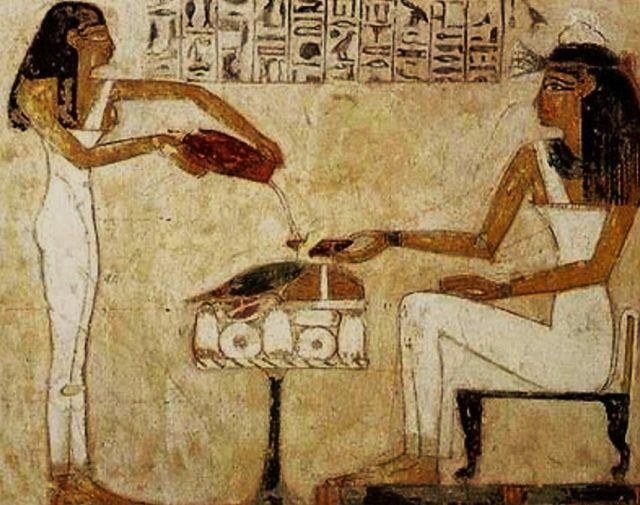
Other recipes included fermented wheat and barley which were again left to ferment in heated jars. The ancient Egyptians would add dates and herbs to add sweetness and depth to the flavor.
There was a hierarchy when it came to what beer was available to drink. The monarchy was supplied with the best beer while others were free to brew their own at home, saving the strongest beers for getting drunk.
Disturbing occasions when ancient Egyptian curses seemed to come true
As the Egyptian civilization became bigger and more complex, brewing moved from being a daily activity completed at home by women to larger scale production driven by men.
According to The National Geographic beer was such a prominent feature of Egyptian society that it was added as part of the burial offerings for those wealthy enough to afford it. In the tomb of Tutankhamun, for example, a jug was found containing a honey beer similar to mead.
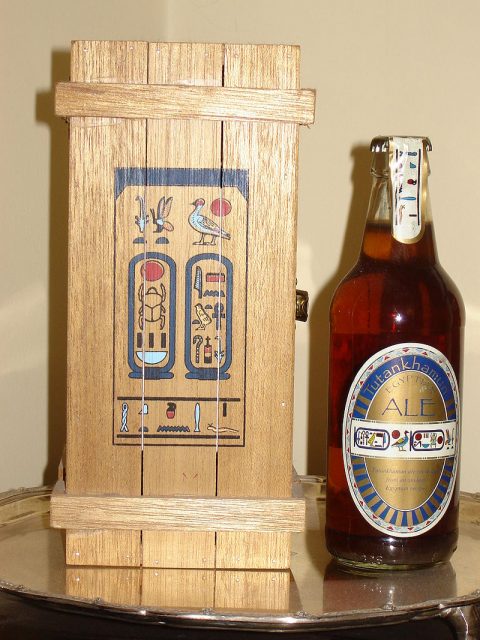
During a festival, the quality of the beer was higher, and it is said that the success of the festival could be judged by how much beer was consumed and how drunk the attendees were when the festival ended.
As part of religious ritual, temples would brew their own beers and would use these as offerings to the Gods. There was at least one goddess related explicitly to beer and the worship of Sekhmet was the primary intention of the Festival of Drunkenness.
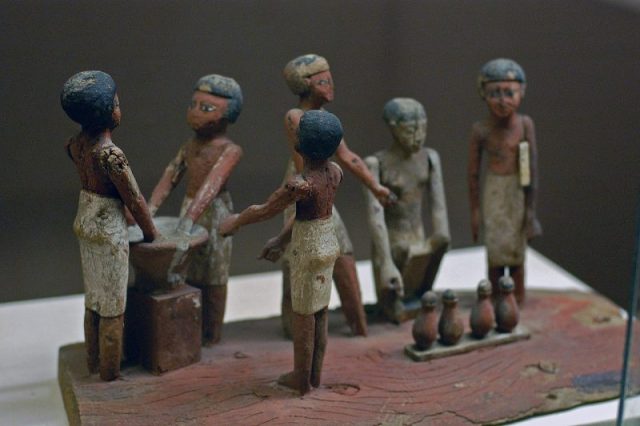
The ancient Egyptians were known to spread the practice of beer making throughout their empire, with archaeological finds showing up in Israel and recorded evidence shown in Ancient Greece, although it is documented that the Grecians preferred wine.
Read another story from us: Guinness Brewery Signed a Lease for 9,000 Years
Beer has been enjoyed throughout history by all cultures. The original process of leaving grains to ferment in water is so simple that it is likely that the technique was discovered separately by different cultures across the world once they started cultivating grains. The Ancient Egyptians’ took this simple process and raised it to an art form creating deities and rituals around it and getting thoroughly wasted in the process.
